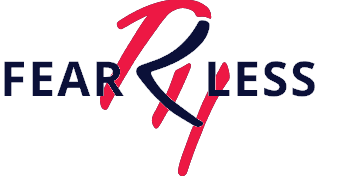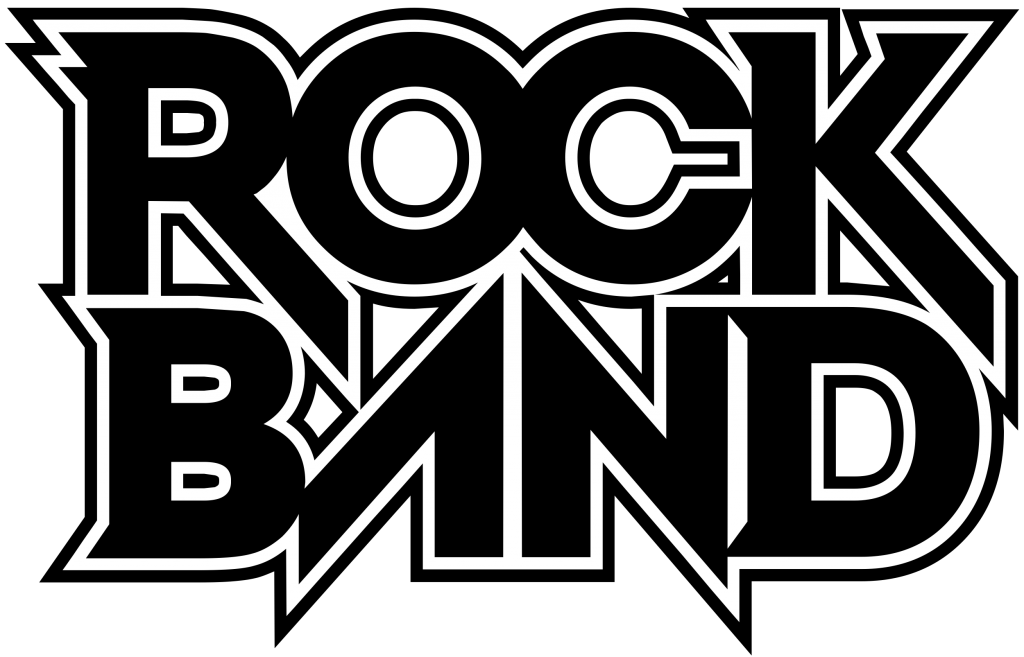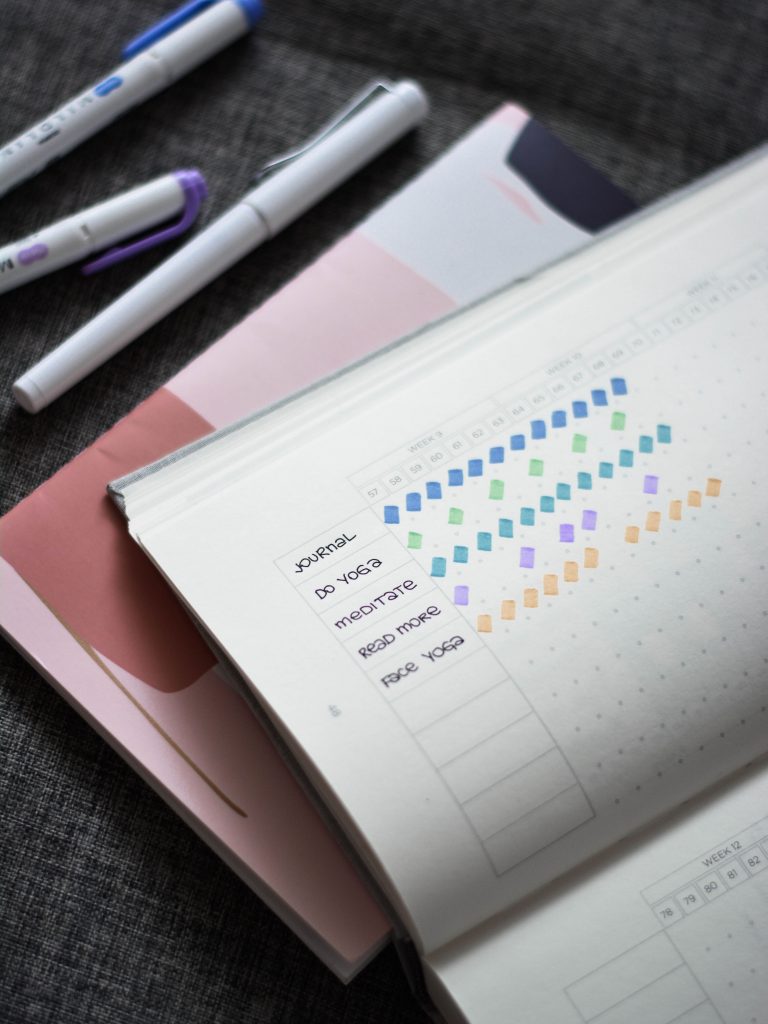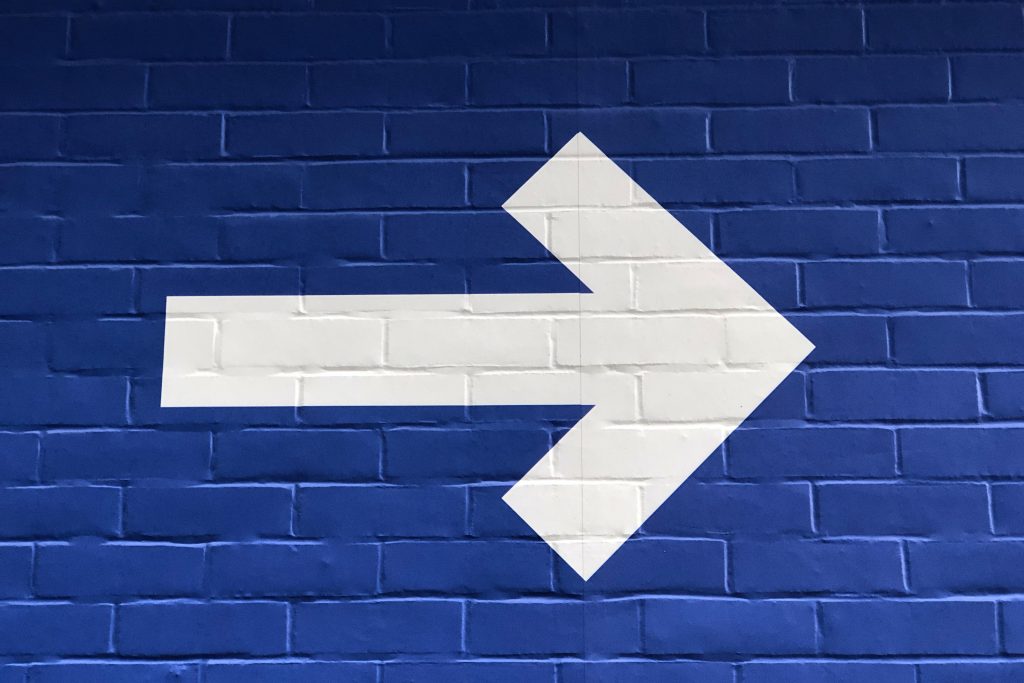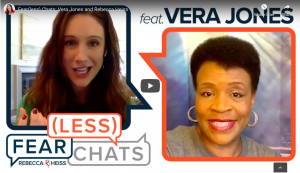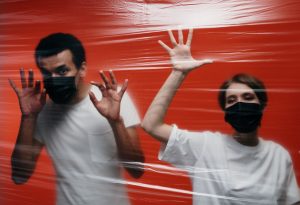 The ability to read facial expressions and correctly interpret the intent and motivations of fellow humans has been critical throughout our evolutionary history and remains paramount today. Imagine if while negotiating with a furious colleague, you thought “Bob” was happy and excited to see you! You’d be at a serious disadvantage. As social beings, humans rely heavily on facial cues as a “window” into the minds of those with whom we are interacting. One way to get a clue as to what the other person might be thinking or what their next move might be. Am I safe? Am I in danger or among friends? The facial cues we have relied on for thousands of years to answer those important questions has suddenly, at a time of already increased stress, been removed.
The ability to read facial expressions and correctly interpret the intent and motivations of fellow humans has been critical throughout our evolutionary history and remains paramount today. Imagine if while negotiating with a furious colleague, you thought “Bob” was happy and excited to see you! You’d be at a serious disadvantage. As social beings, humans rely heavily on facial cues as a “window” into the minds of those with whom we are interacting. One way to get a clue as to what the other person might be thinking or what their next move might be. Am I safe? Am I in danger or among friends? The facial cues we have relied on for thousands of years to answer those important questions has suddenly, at a time of already increased stress, been removed.
The CDC recently made the important recommendation that we wear face masks anytime we are in public in order to combat the Covid-19 virus. The majority of Americans have only ever worn masks as part of a Halloween costume or in the cold of winter, leaving most of us in uncharted social territory. How do we interpret the emotions of others when our main source of information is now concealed?
I personally didn’t think it would be much of a challenge. I liked to think I could put a “twinkle in my eye” rather than a smile across my lips, and that others could just as easily do the same. But my optimistic naiveité was quickly crushed by a simple test I gave myself (try it below).
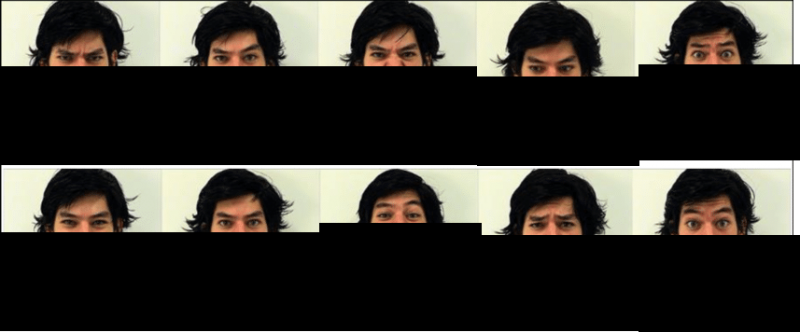
Our facial expressions are so important for quickly and accurately conveying social information that research has found that there are seven universal facial expressions of emotion that can be easily recognized across cultures – anger, contempt, disgust, fear, joy, sadness, and surprise. Independent of our cultural upbringing, humans everywhere can quickly and accurately interpret these faces (at least when masks are obscuring them). But how did you do when the mask was partially covering the signal? And what does this mean for populations who already rely significantly more on using universal emotions to 1) signal their intentions or to 2) understand the intentions of others?
Let’s start with the burden the black community has to bear when it comes to signalling intentions. A disturbing and revealing study published in 2018 demonstrated that two separate artificial intelligence programs for facial recognition interpreted similar facial expressions differently depending upon a person’s race. Black men were consistently rated as angrier or more contemptuous than white men. So what happens as a black man when you wear a mask with the emotional interpretation deck that is already stacked against you? What happens when you can’t disarm the fear and prejudice against you with a smile? When you’re asked by society to prove you’re a non-threatening person with a highly limited arsenal of facial cues available?
A tweet by Aaron Thomas went viral last month by perfectly summarizing the paradox black men face with the impossible choice of wearing a mask (to avoid Covid-19), and wearing a mask (and increasing the danger of being misinterpreted as a threat).
“I want to stay alive but I also want to stay alive.”
And then there are those that are unfairly challenged with the hurdle of understanding the intentions of others. The deaf and hard of hearing community often relies heavily on lip-reading. Even in the signed language, the syntax of the conversation is conveyed by facial expression.
With masks as the new normal, it’s more important than ever that we realize we don’t all access or convey information in the same ways. We cannot allow ourselves to further exclude or disadvantage communities already at higher risk in this health crisis.
While these unprecedented times have brought innumerable new challenges to our communities, my hope is that it also brings us all a greater awareness and appreciation of the myriad of daily challenges multiple communities face, that are being exacerbated by this pandemic. While we may have a long way to go to overcome some of our biological and culturally driven biases, COVID-19 has forced us all to recognize just how socially reliant we are on a few square inches of face, and one person, in particular, deserves to be highlighted for her contributions in helping us all keep better access to that cache of information.
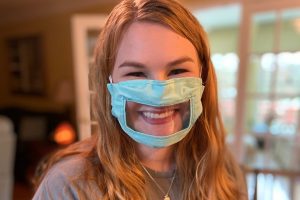
College student Ashley Lawrence, studying education for the deaf and hard of hearing, created a clear, reusable mask designed specifically to give us back a way to convey and read expressions, all while following important CDC guidelines to stay safe from Covid-19. While the masks were designed specifically with the deaf community in mind I truly think Ashley’s innovative thinking has given us all a gift. A window back into the mind of our colleagues, friends, and yes, even strangers, to connect and signal, “I’m here. I matter. And we are all going to get through this – together.”
_____________
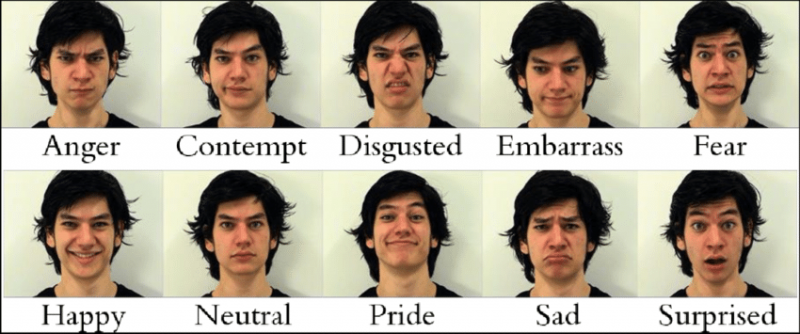
Rhue, Lauren, Racial Influence on Automated Perceptions of Emotions (November 9, 2018). Available at SSRN: https://ssrn.com/abstract=3281765 or http://dx.doi.org/10.2139/ssrn.3281765
